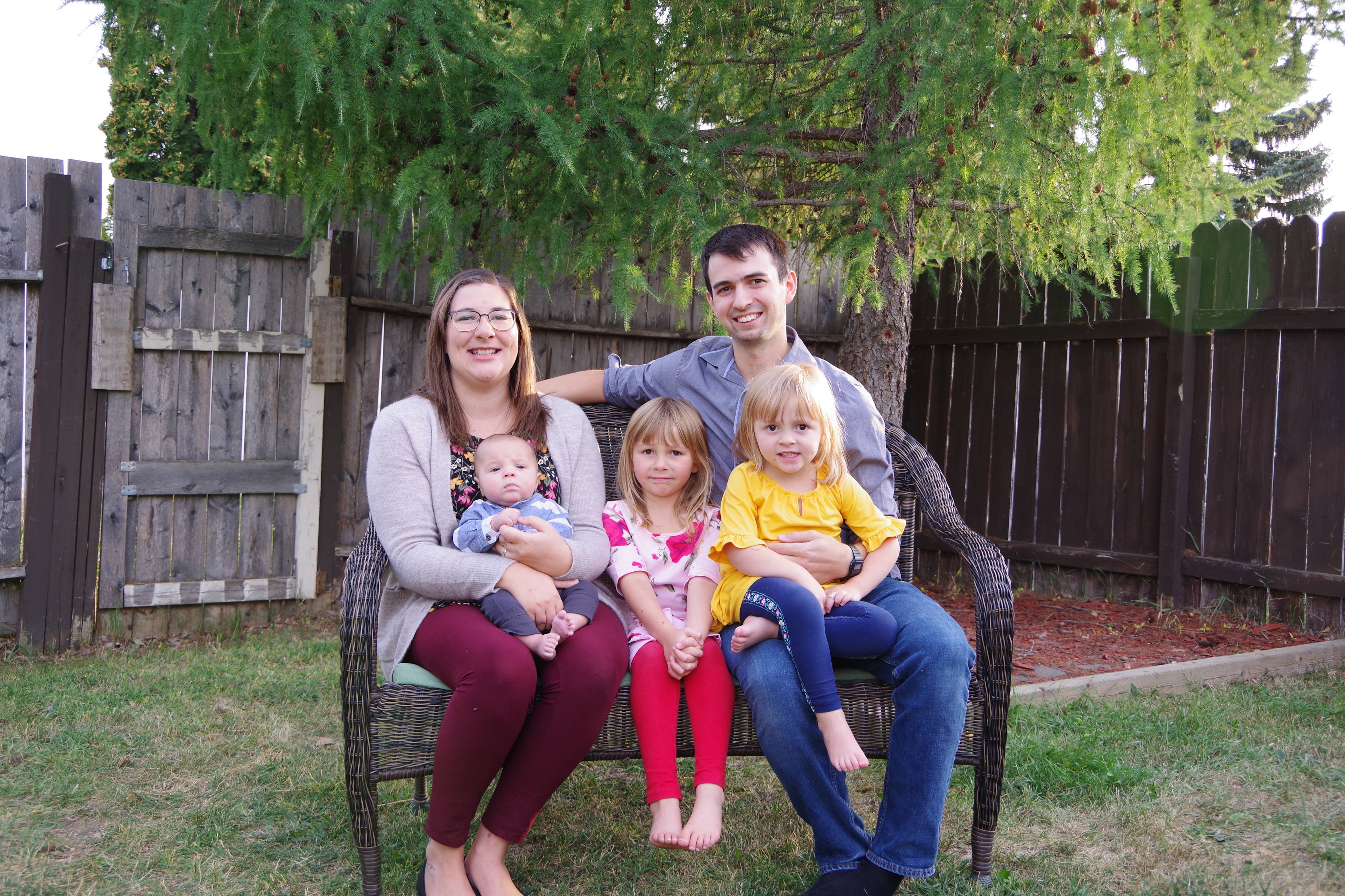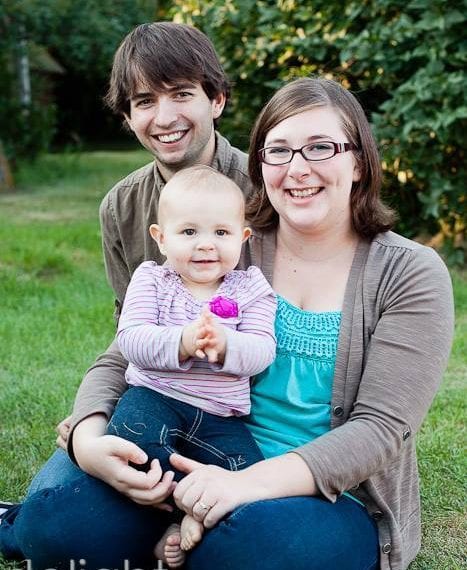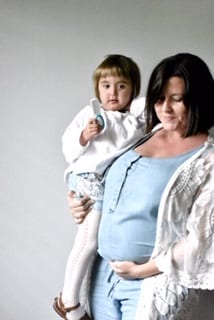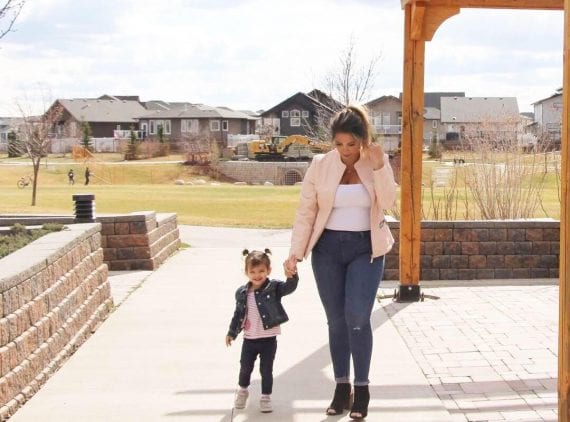
As women, we grow up learning about birth from a very young age. As little girls, we receive dolls as gifts and we start practicing our mothering skills. As soon as a young girl reaches puberty we are told how our bodies have been created to create. Many of us were taught the sacred value of such a gift, while others of us simply got the Coles-Notes version.
Either way, many of us grew up assuming that some day we would accomplish what we were made to do – get pregnant, give birth and be a mother. For something we spend our lifetime hearing about, we are actually very ill-equipped to become mothers. Yes, we learn about the physical aspects of it but we are rarely prepared for the mental part of it – the part about how when a woman gives birth to a new baby, she is also giving birth to a new mother; a changed version of herself.
My own birth as a mother was very difficult. After a very long and exhausting labor I gave birth to my first daughter, Elizabeth. She was perfect, healthy and such a good little baby. She loved long naps almost right away and she was sleeping 8+ hours a night by 10 weeks old. She gained weight well and was usually very content and happy. So what was the difficulty? It was me. While on the surface I seemed adjusted and content, there was a deep anxiety building up inside of me that I didn’t even know was there. There were signs, as there always are, but I didn’t realize what was happening to me until Elizabeth was 5 months old. Suddenly, all of the small things that had slowly been accumulating became really, really big things; suddenly I was not adjusted and content at all – instead I was disconnected and terrified of being with my daughter alone, which caused debilitating and constant panic attacks. I had no idea what was wrong with me and I was very afraid. This wasn’t part of any lesson I remembered from my mom or high school health class teacher. This wasn’t something they talked about at Prenatal Class. Was I just going crazy?
It turns out that what I was experiencing was Postpartum Anxiety (PPA) – a cousin of Postpartum Depression (PPD). My own experience through it was very difficult – I had to be hospitalized for several days and was put on two different types of anti-anxiety medications. I unfortunately experienced it again with our second daughter and even with our third child, a son, though I experienced it prenatally with him. Each time was so hard. Each time I had to be hospitalized. Each time I was convinced that this made me the worst woman on the planet to ever become a mother. Of course, this is the simplified version of my journey with PPA, and if you want to learn more about it you can visit my blog where I lay it all out there. Thankfully, and by the Grace of a God who is faithful, I have come out on the other side of the nightmare of PPA. Each day I wake up without the anxious thoughts and shallow breathing I am so so thankful.

One of the biggest things that all of this has taught me is how incredibly poorly our society prepares woman to become mothers. We do not teach them about how it is OK to experience confusing emotions of both love and frustration, guilt and pride, joy and sorrow. We do not teach them that life remains the same for every other person except you. No, for you life has been completely turned upside down – the things you once cared about seem like memories from a lifetime ago instead of mere days. We do not teach women that our hormones get so affected by pregnancy and childbirth that mental balance may not return for a very, very long time; that 6 weeks might be the typical healing time for our physical bodies but not for our hearts or minds… and we do not teach them that all of this is common. That for some women it is easy and for others it is difficult. That some women discover that they love being home all of the time with little people while others discover that they can’t wait to get back to work with other adults.
When a baby is born there is the expectation that their needs are to be met immediately with patience, love and grace. They’re newborns after all, they don’t understand why the world around them has changed so drastically! It takes them months (years even) to learn how to be tiny humans who can think for themselves and make decisions and have interests. I think we need to start thinking about our newborn mothers in this same way – we need to attend to them with patience, love and grace – not expecting them to know what their doing or how to do it. We need to allow them the space to grow into this new version of herself – with her own thoughts and her own decisions and her own interests. Sure, she already had those things before, but that person no longer exists because when a baby is born, so is a Mother.



